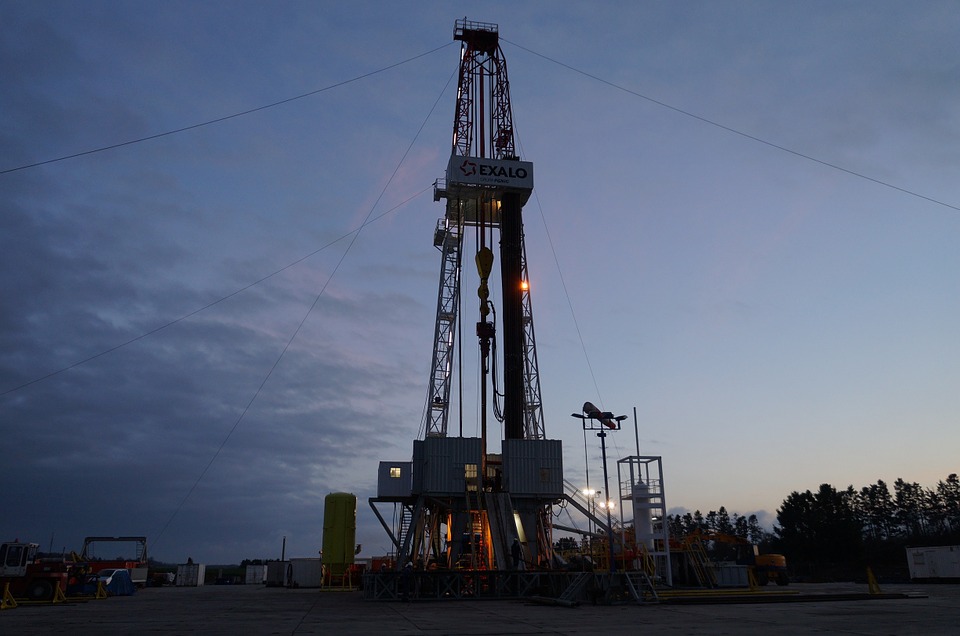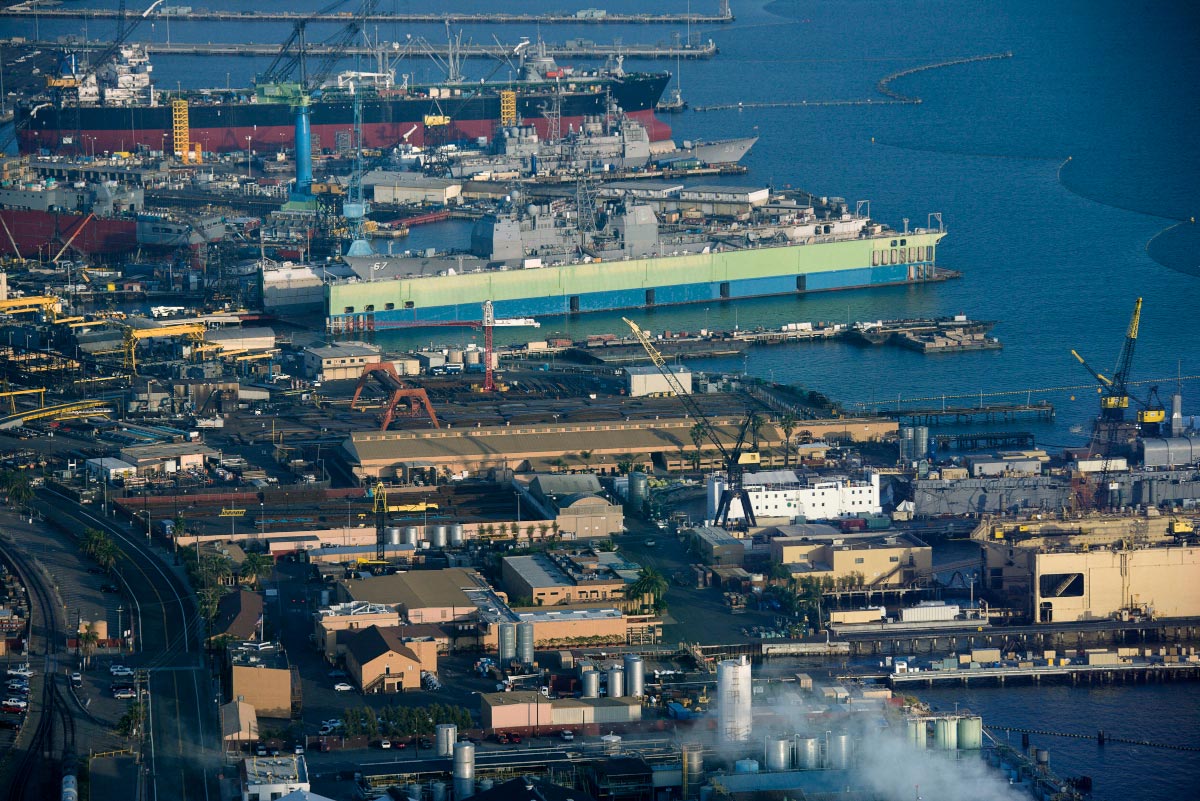 Parler
Parler Gab
Gab
Energy crisis continues
With relatively weak natural gas supplies and low wind levels in Europe coinciding with the post-pandemic economic recovery, coal shortages in China and the possibility of a cold Northern Hemisphere winter, fossil fuel prices could continue soaring. Benchmark European gas prices have already leaped to 184 percent in the past three months. IEA Executive Director Fatih Birol says that extreme weather events such as hurricanes in the Gulf of Mexico and droughts in other areas hampering hydroelectric power in China and Brazil have contributed to the energy shortages. Supply shortages, including pandemic-delayed maintenance work, mean that outages are 40 percent higher than usual. Analysts have observed a rise in the trend known as gas-to-oil switching, where power plants that run on oil are fired up while those that can be converted to run on crude products are switched over. Goldman Sachs cites this trend in raising its oil price forecasts last month. The IEA has also observed a similar trend that showed unreasonably high demand for fuel oil, crude and middle distillates for power plants in several countries. Still, the supply from oil-producing nations remains constrained. Despite an increase in output from the Organization of the Petroleum Exporting Countries and its allies (OPEC+), the IEA says that the alliance would produce 700,000 barrels per day – less than the world's need for crude oil in the fourth quarter of this year. The gas crisis does not translate to a net positive for oil consumption. The increase in the IEA's demand for estimates is tempered by a weaker outlook on GDP, which resulted mainly from supply chain issues and rising energy costs. "The surge in prices has swept through the entire global energy chain. Higher energy prices are also adding to inflationary pressures that, along with power outages, could lead to lower industrial activity and a slowdown in the economic recovery," the IEA says. Global oil production is estimated to rise by about 2.7 million barrels a day from September this year as the OPEC+ unwinds its cuts and the U.S. output recovers from the damages caused by Hurricane Ida in Mexico. Despite that, the entire market is projected to be in a supply deficit of hundreds of thousands of barrels a day for the rest of the year. Get more updates about the energy crisis and how it is affecting the economy at Bubble.news. Sources include: WSJ.com Finance.Yahoo.comDiminished US refining capacity from facility closures contributing to soaring gas prices
By Belle Carter // Share
Port of Los Angeles director: US supply chain at risk if rail service does not improve
By Mary Villareal // Share
Governments continue to obscure COVID-19 vaccine data amid rising concerns over excess deaths
By patricklewis // Share
Tech giant Microsoft backs EXTINCTION with its support of carbon capture programs
By ramontomeydw // Share
Germany to resume arms exports to Israel despite repeated ceasefire violations
By isabelle // Share










